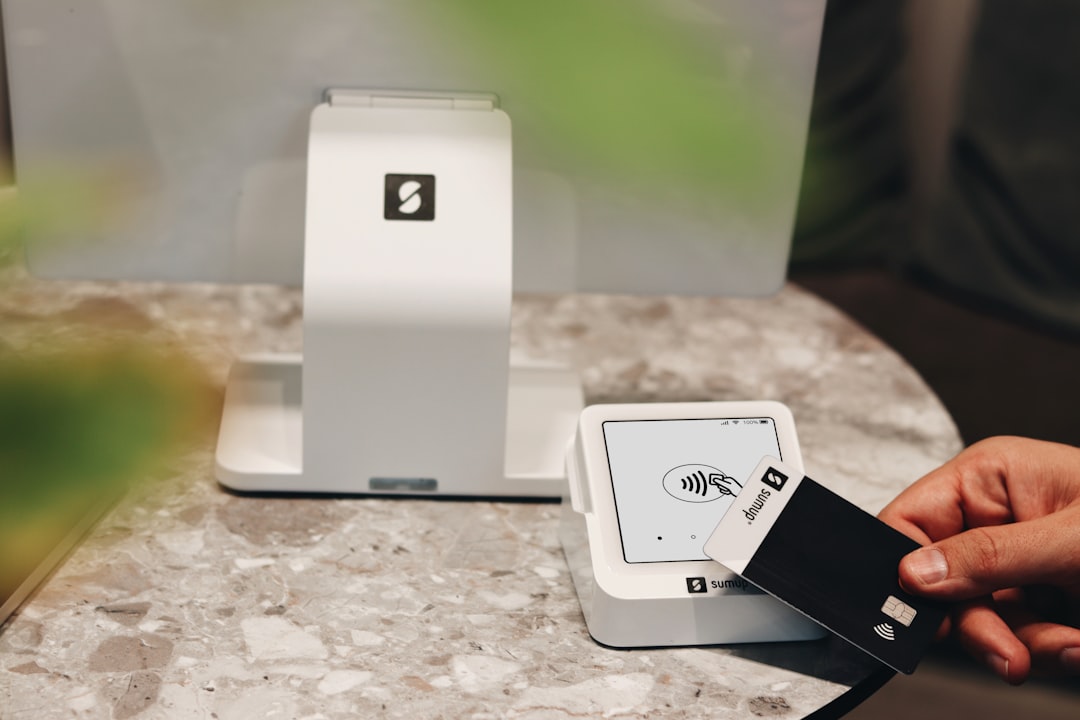Washington D.C.'s stringent "No Call Laws" protect residents from intrusive telemarketing, with heavy penalties for violations. The California Consumer Privacy Act (CCPA) adds another layer of complexity, expanding consumer rights over personal data and impacting telemarketing practices beyond California. Businesses operating in D.C. must navigate both sets of regulations by obtaining explicit consent, implementing robust data management, training staff, and adhering to strict protocols to avoid fines and ensure compliance with No Call Laws DC and CCPA.
In Washington D.C., “No Call Laws” regulate unwanted phone marketing calls, but their effectiveness is enhanced by the California Consumer Privacy Act (CCPA). This article explores this intersection, delving into the key provisions of both laws and how the CCPA impacts D.C.’s No Call regulations. We navigate compliance challenges faced by businesses operating in D.C., offering best practices to ensure adherence to these important consumer protection measures, especially regarding “No Call Laws DC.”
Understanding No Call Laws in Washington D.C.: A Brief Overview

In Washington D.C., No Call Laws are designed to protect residents from unwanted phone calls, specifically those from telemarketers and sales representatives. These laws restrict the timing and frequency of such calls, aiming to give citizens control over their communication preferences. Violations can lead to significant fines for offenders.
The Capitol City’s implementation of these regulations is in line with the broader consumer protection agenda, reflecting a growing trend across the nation. The focus on No Call Laws DC underscores the need to balance commercial interests with individual rights, ensuring residents’ peace and quiet while allowing businesses to operate effectively within defined boundaries.
The California Consumer Privacy Act (CCPA): Key Provisions

The California Consumer Privacy Act (CCPA) is a landmark data privacy law that has significant implications for businesses operating in Washington D.C., particularly those subject to No Call Laws. Key provisions include stringent rules on consumer data collection, processing, and sharing. Under the CCPA, consumers have the right to know what personal information a company collects about them, request its deletion, and opt-out of sale or disclosure to third parties. This law applies not just to California residents but also to any business that handles sensitive data from California consumers, expanding its reach beyond state borders.
One critical aspect is its impact on telemarketing and No Call Laws in DC. The CCPA requires businesses to obtain verifiable consent before making automated phone calls or sending text messages for marketing purposes. This means that companies must implement robust opt-in mechanisms, ensuring that consumers explicitly agree to receive such communications. Failure to comply can result in significant fines, underscoring the importance of understanding and adhering to both No Call Laws in DC and the broader protections offered by the CCPA.
The Intersection: How CCPA Impacts D.C.'s No Call Laws

The California Consumer Privacy Act (CCPA) has introduced a new layer of complexity to Washington D.C.’s already stringent No Call Laws. While No Call Laws DC aim to protect residents from unwanted telemarketing calls, CCPA expands on privacy rights, granting consumers more control over their personal data. This intersection presents an interesting dynamic: companies must now navigate both regulations to ensure compliance.
CCPA’s requirements, such as obtaining explicit consent for data collection and providing clear opt-out options, directly influence how businesses conduct telemarketing activities in D.C. Companies must be meticulous in their handling of consumer information, ensuring they have proper authorization before making calls and respecting individuals’ choices to stop receiving calls. This new level of scrutiny can be seen as both a challenge and an opportunity for businesses to enhance their privacy practices and gain greater trust from consumers in the highly regulated D.C. market.
Navigating Compliance: Best Practices for Businesses Operating in D.C.

Businesses operating in Washington D.C. need to be particularly vigilant when it comes to compliance with No Call Laws and the Consumer Privacy Protection Act (CCPA). Navigating these regulations requires a deep understanding of consumer rights and best practices for data collection and communication. For instance, businesses must ensure they have explicit consent before making any telephone sales calls or sending marketing texts to D.C. residents. This often involves clear opt-in mechanisms during the point of sale or through verifiable written consent.
To stay compliant, companies should maintain detailed records of consumer preferences and permissions. Implementing robust data management systems that allow for easy tracking and updating of customer choices is essential. Additionally, training staff on privacy best practices and the implications of non-compliance is crucial. Regular reviews of marketing strategies and call protocols can help businesses in D.C. stay ahead of changing regulations and protect themselves from potential fines and legal issues related to No Call Laws and CCPA violations.






